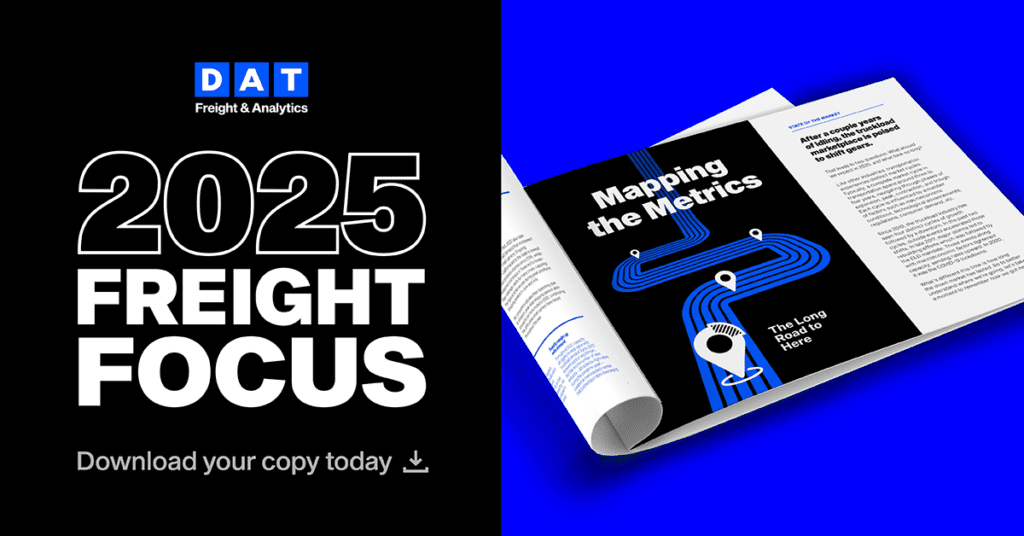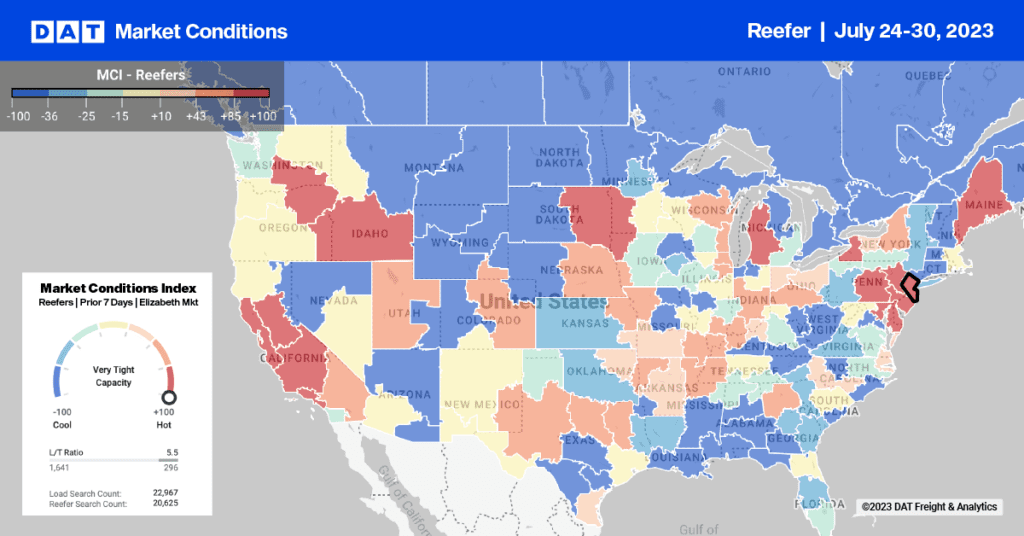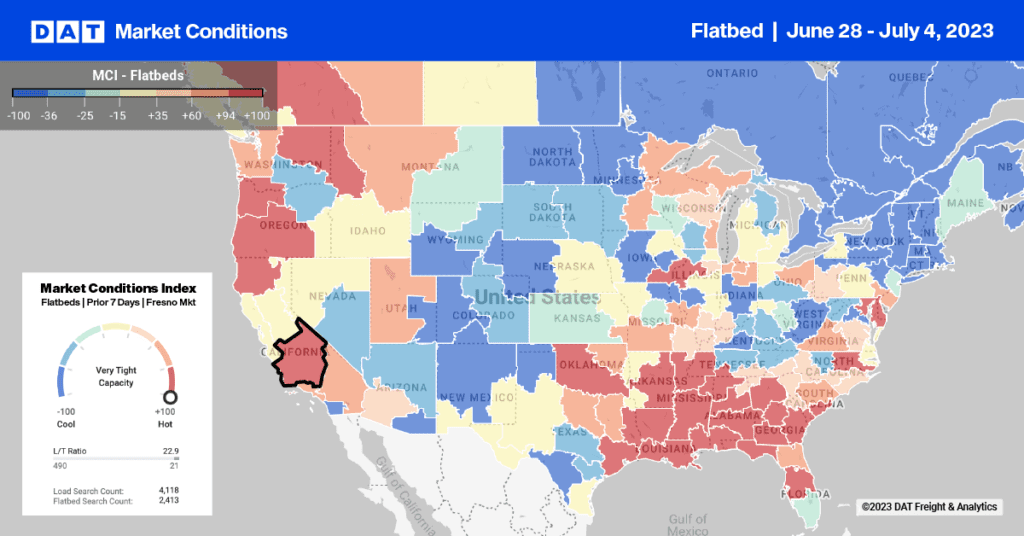2012 is a brand new year, full of new beginnings! So what are your New Years resolutions? Being the insurance geek that I am, I start to daydream: if I didn’t have to pay insurance premiums (any of them, car, house, business, life, health, dental, etc.) for just one year – well, I think of the money I’d save. At the very least I could take a REALLY nice vacation!
Now, back to reality. We are all responsible adults, and none of us is about to cancel all our insurance policies and fly off to a tropical island. But we can all save money and get the best possible value for our insurance dollars. Here are some practical ideas to keep your insurance premiums low. Some are pretty basic, and a few may surprise you:
1. Police your own driving. Your driving record is critical to keeping your truck driver insurance premiums in check, so drive defensively, to avoid tickets and prevent accidents. That means you need to put away the phone, get plenty of rest, focus on the road and don’t lose your temper, because inattentive, fatigued and aggressive driving are primary causes of accidents. This can save you a lot of money in your personal life. If you drive professionally, a safe driving record also expands your career choices and saves money for your company.
2. Protect your credit. Insurance companies assign risk scores to their customers and prospects based upon a variety of factors, including age, marital status, and credit scores. Insurance companies argue that customers with higher credit scores also tend to drive more carefully. Some states don’t allow this practice, but if yours does, you can save money on your insurance by paying bills on time. This helps save on policies in your personal and professional life, including insurance on your truck.
3. Lease on with a large carrier. You may prefer the independence of having your own authority and making all of your own business decisions, but there is an insurance benefit to leasing on with a large carrier. Many times, a bigger company gets better insurance rates, and can pass along substantial savings on your truck insurance premiums.
4. Join an industry association. Industry associations sometimes offer their members access to special group rates. OOIDA is one example. You’ll have to weigh the pros and cons of joining, and decide whether the benefits of membership outweigh the costs, but the insurance savings can be a big plus. Some associations offer group rates on health insurance, as well as business-related policies.
5. Be careful who sits behind the wheel. Driving records for all drivers in a fleet can have a dramatic impact on a trucking company’s insurance premiums, so hire carefully. If you hire a driver with a poor driving record or limited experience, you will pay more for insurance.
6. Reduce premium payment frequency. Instead of making monthly or quarterly insurance payments, try to pay them in full so you can avoid fees or interest that add to the total cost.
7. Increase insurance deductibles. Larger deductibles reduce your insurance premiums. Plus, when you know that you have to pay a larger share in restoring any losses, you will probably be more careful to avoid those losses to begin with.
8. Solicit competitive bids. I don’t recommend that you switch insurance agents or companies every year, but it’s a good idea to do a little comparison shopping every three or four years.
Individually, each of the measures listed above may not save you a lot on your insurance premiums. But as you adopt more and more of these resolutions, you will start to see an improvement in your premium costs. That’s money in your pocket, and maybe even enough for that vacation. See you on the beach!
Wishing you a happy, secure and accident-free 2012!
Kathi


